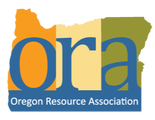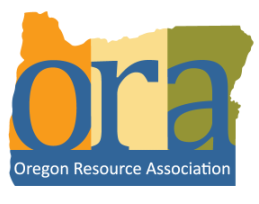About UsOregon Resource Association (ORA) is the professional membership association for community providers of services to individuals with disabilities. As the hub of the disability community, we provide a collaborative platform that connects and empowers our members through learning, advocacy, resources and innovation. We are shaped by our Mission, drawn toward our Vision and guided by our Values.
|
Who We Are |
For over 50 years now, ORA has been the statewide voice of care and service providers, successfully advocating for people with disabilities in ways that truly make a difference in their lives. Today, ORA offers its membership education and training, networking opportunities, consulting services, and professional assistance to grow employment and businesses through programs such as the Products of Individuals with Disabilities Law (Oregon Forward program- formerly QRF program). The interests of our members are represented at the legislature through ORA’s lobbyist, Amanda Dalton (Dalton Advocacy). We also work closely with Oregon policy makers to protect the rights of individuals with disabilities, while ensuring that service providers are given the resources they need to do their jobs not only safely, but with excellence as well.
Our goal is a safe and meaningful life for individuals with disabilities according to the individual’s own choice. In an environment where services to people with disabilities continue to evolve rapidly, and threats to their funding appear at every turn, ORA is dedicated to helping design and share new ideas and innovative tools for bettering the lives of people with disabilities and those who care for them. |
Our History |
The roots of ORA go back more than half a century. At a time when most Oregonians with developmental disabilities were still sequestered in large state institutions, small pioneering groups around the state were exploring other possibilities for their sons, daughters, and neighbors. They started schools. They offered training and jobs through vocational centers. They learned to support people in community settings. By 1967, they had enough in common to unite under one umbrella.
|

